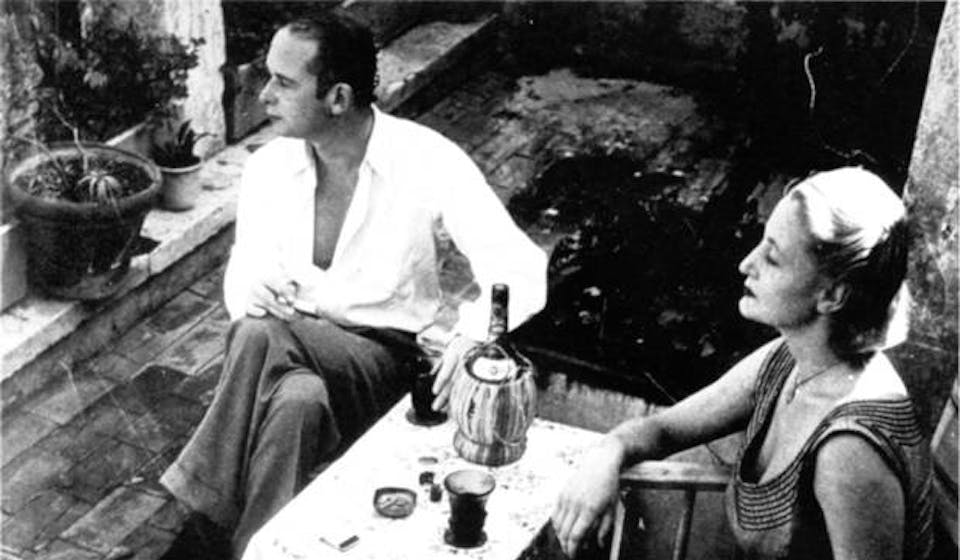Imprint
- Gateway
Fiction, Science fiction
An SF Gateway eBook: bringing the classics to the future.
A rat called Crocus, imprisoned in the laboratory of an Irish scientist Dr Dresmond Burke, is transmitting information to a person or persons unknown in another galaxy. His information is in the form of a report on man's history and development over the past 500 years. And it ends with Crocus's shadowy imprecise foreknowledge of what will become of the human race in the future.
Crocus is sharp, wise and cleverer by far than most men - as, he claims, the whole race of rats is. He comments astutely on man's spiritual decline; on the collapse of formalised religion and the obsession with things scientific; with man's mistakes in numerology, and therefore in mathematics and astronomy; and with his loss of faith in all that is supernatural or extra-sensory. But Crocus himself is being monitored by Dr Burke, who is beaming the rat's thoughts through an elderly lady medium and on to a tape recorder. The message as transmitted is unintelligible, but Dr Burke thinks he knows a way to interpret it. This involves outside help...the help of the army...of foreign powers. And then he discovers that what he has learned through Crocus is already known to a small band of resolute and dedicated men. Man's thought-processes can be interfered with, thought-waves can move material objects, and this knowledge is being put to a use more potent than the nuclear bomb...

Constantine Fitzgibbon
Constantine Fitzbibbon (1919-1983)
Constantine Fitzgibbon, full name Robert Louis Constantine Lee-Dillon Fitzgibbon, was born in the US in 1919 and was a historian and novelist. His parents divorced when he was very young and he was raised and educated in France before moving to England. Fitzgibbon served in the British Army from 1939 to 1942, before transferring to the United States Army as a staff officer in military intelligence from 1942 to 1946. After that, he spent a short time working as a schoolmaster in Bermuda, whilst also working as an independent writer. It was here he wrote his first two novels.



















.png?auto=compress&w=150&h=60&fit=crop&fm=jpg)


.png?auto=compress&w=150&h=60&fit=crop&fm=jpg)


